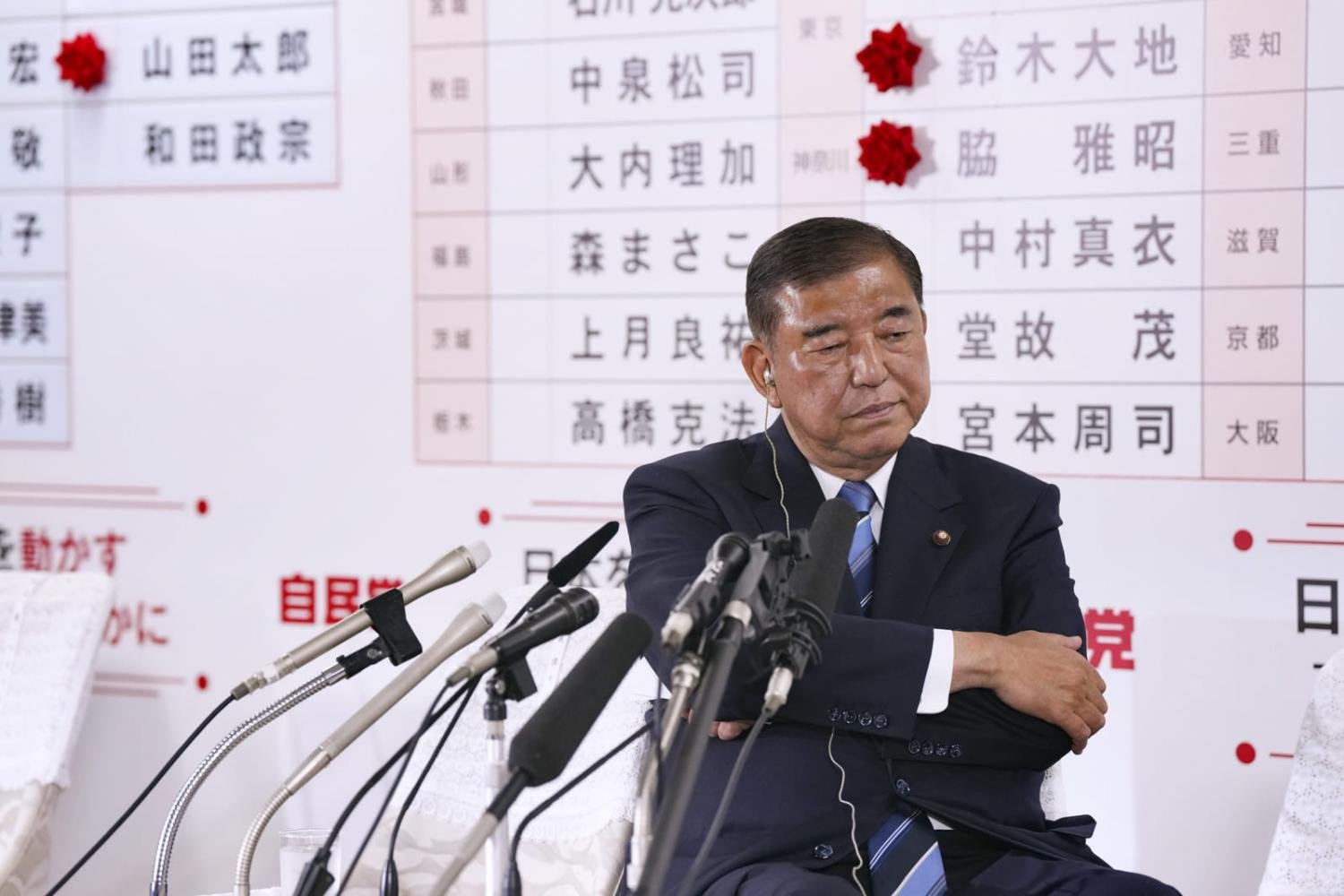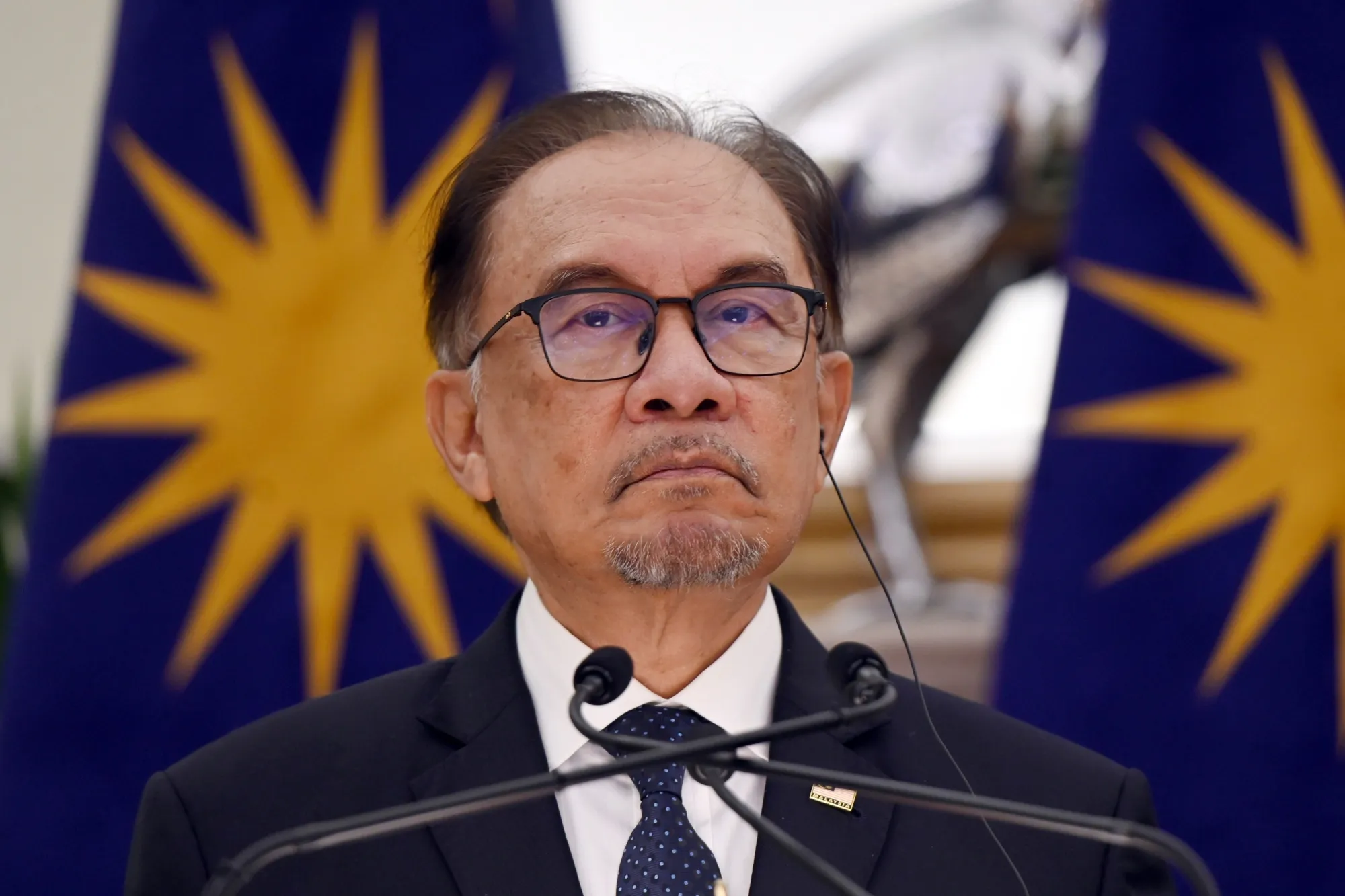Japan’s Ruling Coalition Loses in Tightly Contested Election, But PM Ishiba Refuses to Step Down
[Tokyo, July 21, 2025] — A new signal of political shift in Japan: the ruling Liberal Democratic Party (LDP) and its coalition partner Komeito have lost their majority in the upper house in a fiercely contested election. Though the defeat has increased pressure on Prime Minister Shigeru Ishiba to resign, he has made it clear that he has no intention of stepping down at this time.
Sunday’s election was heavily influenced by issues such as rising consumer prices and ongoing tariff tensions with the United States—factors that analysts believe undermined the ruling coalition’s popularity. To secure a majority in the upper house, 50 seats were required; the coalition secured only 47. Results for one seat are still pending.
In his post-election remarks, Ishiba said, “I humbly accept this difficult outcome. But what matters most now is progress in trade negotiations with the United States.”
One major reason for the coalition’s losses appears to be the fragmentation of LDP’s voter base. Jeffrey Hall, a professor of Japanese studies, noted that many conservative supporters close to Shinzo Abe do not see Ishiba as nationalist enough, and they oppose his more conciliatory stance toward China.
As a result, some conservative votes shifted to the Sanseito Party, which has gained popularity for its anti-immigration policies and “Japan First” stance. The party, which rose to prominence through YouTube during the COVID-19 pandemic by promoting conspiracy theories, performed well in the election by taking a strong stand on immigration issues.
Meanwhile, Japan has seen a significant increase in foreign residents and tourists. This has created a perception among many citizens that foreigners are enjoying Japan’s benefits without sharing its responsibilities. In response to these concerns, the Ishiba government has announced the formation of a task force aimed at preventing crimes committed by foreign nationals.
Historically, the last three LDP prime ministers resigned within two months after losing the upper house majority, fueling speculation that another leadership change may be imminent. Potential successors include Sanae Takaichi, Takayuki Kobayashi, and Shinjiro Koizumi.
With internal party divisions and a weakened coalition, there are growing fears of increased political instability, which could also affect U.S.-Japan diplomatic relations. Analysts believe that a leadership change at this juncture could usher in a new phase of political drama in Japan.










